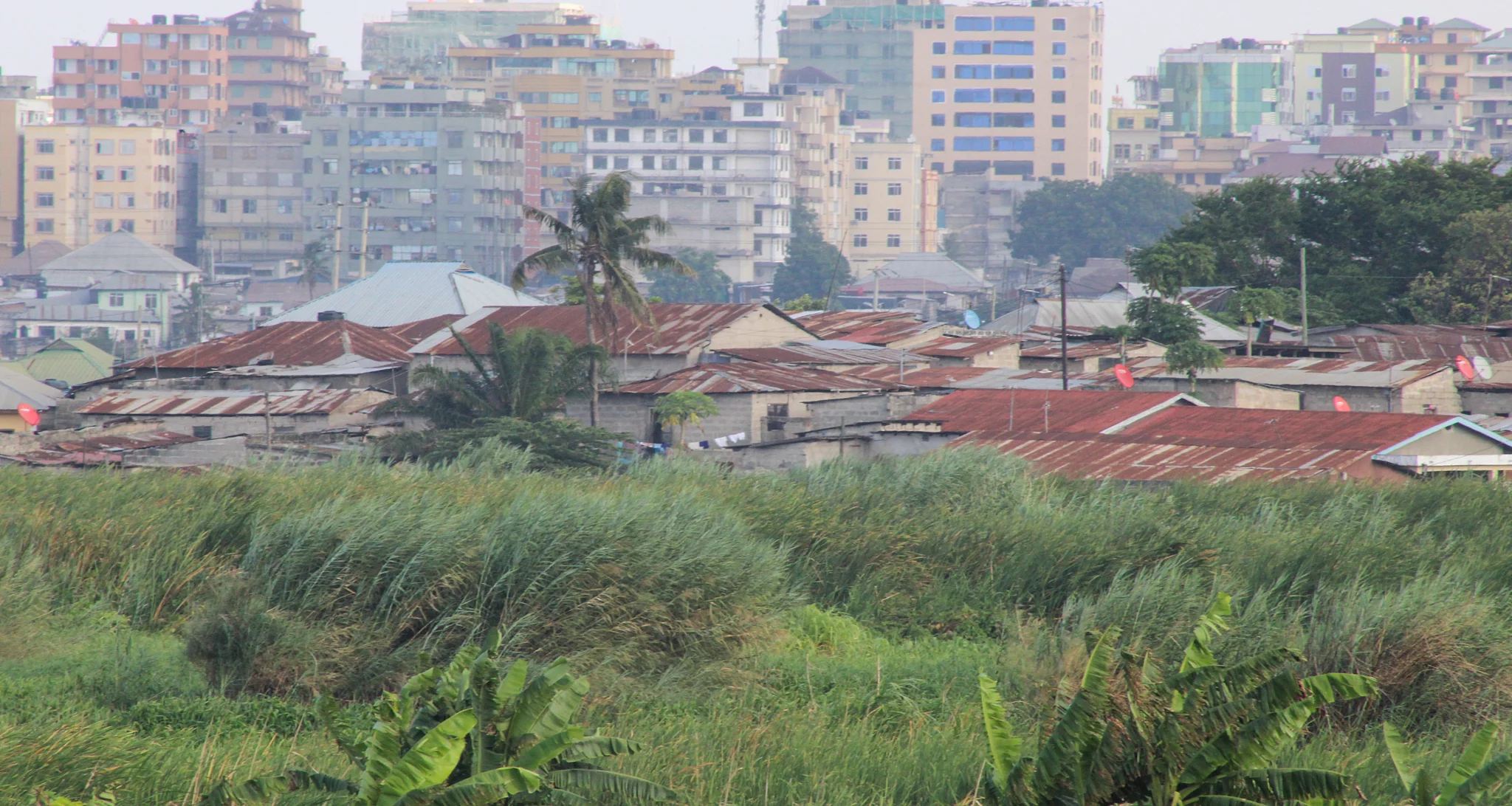- News
- Just City
Urban October – focusing on local communities and their territories is key
In 2023, the theme of Urban October is “resilient urban economies: cities as motors of growth and recovery”, with a noticeable focus on recovering urban economies and tightening global financial conditions.
This requires a focus on communities and their territories. Already existing local solutions, often designed and implemented by city dwellers themselves through self-financing, should be front and center in global initiatives such as Urban October and its opening and closing events, the World Habitat and World Cities Day.
The financing of housing, urban infrastructure and services at the local level must follow, rather than drive, actual needs and realities of local communities. An example from Dar es Salaam is the replacement of pit latrines with biofill toilets in neighborhoods disconnected from the grid.
Through partnerships with NGOs and support of ward and sub-ward authorities, local community organizations participate in the design and implementation with positive impacts across multiple sectors.
Notably, this project also highlights gender dimensions of urbanization: women are more present than men in community work, they focus on protecting the health of their families and communities, and desire to learn new skills, moving beyond roles that are expected of them. Financing is indeed required for these types of initiatives to gain scale, but so is a deep understanding of the territory where these developments are taking place.
While recovering from the Covid-19 pandemic, we are living at a time of compounding crises – the climate crisis and its impact on societies; the global housing affordability crisis that persists, despite growing numbers of vacant properties in cities; and athe crisis of fragile democratic institutions. Single-sided strategies and solutions, even if well intended, may harm populations that are already vulnerable. For example, prioritizing economic growth in cities at times when the real estate and infrastructure sectors are increasingly financialized, and living costs rise much faster than wages, maywill push households further into an urban housing affordability crisis. As city living becomes more expensive, poor households experience rising indebtedness and housing insecurity.
Likewise, Pprioritizing financing schemes in urban strategies and solutions without taking into consideration local realities maycan quickly lead to the displacement of the populations that are most vulnerable, particularly at times when city spaces and city growth become more and more connected to the expansion of financial markets, and rising land prices.
Just before Urban October starts, the Just City Hackathon was organized in Dar es Salaam to come up with ideas to address the affordable housing supply crisis. Building better futures for city residents must consider housing solutions in their complexities. To what extent are decision makers and project managers aware of the way in which poor urban dwellers live, obtain their income, and protect their daily lives? What, besides economic gain - and there is so much more to it in every community - are residents aiming for?
To quote one of the panel discussants: rural migrants arriving in cities are looking for (entry level) jobs, not to buy a house. How come most if not all housing solutions proposed by public and private institutions are based on home ownership?
In a city such as Dar es Salaam, more than 90% of the low-cost rental housing is provided through self-built homes - why is this not viewed as an issue of public interest? Financing, even if through microlending institutions, requires collateral.
Therefore, low wage workers without job security, which are the majority of the urban population in need of housing, will not benefit from new financing models that require applicants’ proof of income. This is not to say that different sectors of society should cross their arms. Transformative urban futures include new ways in which different actors discuss city-making and co-create solutions.
This is why Urban October’s attention should turn to community initiatives in their territories; to local innovations that address existing needs while at the same time tapping into particular aspects of a place or community. If financing can be directed to these types of initiatives, moving passed trickle-down economics, then transformative futures can happen.
Priscila Izar is a postdoctoral fellow and lecturer at the School of Architecture and Planning, University of the Witwatersrand, and a member of the Just City Platform (JCP) Tanzania
This article first appeared on The Citizen Newspaper on October 5, 2023. Read the original article
